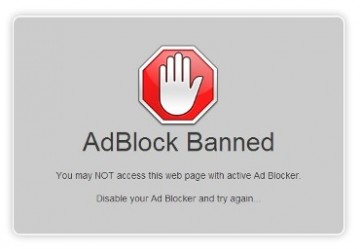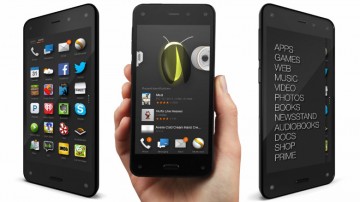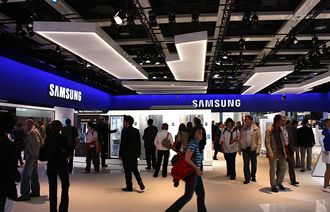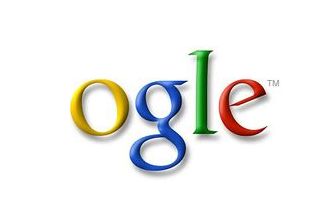 Today Apple will get a chance to spin its way out of trouble with one of its product presentations.
Today Apple will get a chance to spin its way out of trouble with one of its product presentations.
While its allies in the journalism world have been doing their best to sacrifice their credibility by peddling rumours about what Apple is going to show off, it is almost certainly going to be the long delayed Smartwatch and another iPhone.
But Apple has not had a new product for four years and many believe it needs to come up with something new or lose its reputation as an innovator to some of its rivals.
And this is where it has a problem. It only has a smartwatch and a phablet, both of which have been done to death by rivals.
No doubt presenting these shiny toys will get Apple CEO Tim Cook a standing ovation, but getting one of those at an Apple rally is like getting one at a Tory Party conference.
Apple will also get fanboys queuing for their new iPhone and some, no doubt will want one of these watches.
But the question many should be asking is “is any of this new, or innovative and will it keep Apple relevant?”
The creation of the mobile phone actually killed off the wristwatch and many people would require training to put one back on. So far smartwatches have found their place amongst those who want to measure their heart rates while doing exercise. This is not a big target market, and there is some competition out there for Apple.
Apple got away with its launches into the smartphone and the tablet market because what it presented was largely new. Smartphones had been around, but they were ugly, clunkly and very expensive. Apple pushed its tablets to consumers, something that Microsoft had ruled out and had some success.
But the field has changed. Apple is competing on all fronts with rivals who have cheaper and in some cases better products.
The Phablet is a case in point. Apple fanboys mocked phablet owns for holding large phones to their ears, and yet the phone’s usability in comparison to smaller phones became clear fast.
Apple had to eat humble pie and admit that it had it wrong when it came to phablet size, in the same way that it had to admit that it was wrong about people wanting smaller tablets.
In all these things Apple has been playing catch-up and is not doing that well.
Analysts appear optimistic that Apple will pull another rabbit out of a hat. Michael Yoshikami, CEO of Destination Wealth Management told Reuters that Apple’s pipeline is finally going to satisfy those who have wondered if the company has any new products.
But even if Cook wows them with products at today’s rally, it is a long way before products will hit the market. Word on the street is that the Smartwatch is still not ready and unlikely to go on sale until sometime in 2015. Apple may not even reveal its price on today.
Apple was planning to show off its iCloud based products, such as Mobile Wallet. Apple has reportedly struck deals with Visa, MasterCard and American Express. It has also come up with its “HealthKit” data service earlier this year made it clear that it sees its products helping consumers manage personal health information. By incorporating the HealthKit service into the iPhone 6, and by packing its smartwatch with sensors capable of monitoring physical movements and heart rates, Apple could lay the groundwork for a broader push into mobile healthcare.
The problem for Apple is the recent iCloud security scandal which saw countless starlets have their naked pictures put online. Apple made matters worse by pretending it was not a security fault with the iCloud, when it clearly was.
The last thing you need a couple of weeks before you release a clutch of iCloud products is for people to question if it is safe sticking their data on Apple’s systems.
All up, we think that Apple will have a hard time convincing sane people that it has a special plan to pull itself away from mediocrity. The Tame Apple Press will try to convince you otherwise, but we suspect that cooler heads will be wondering how Apple could have sunk so low.
 Showing that they are at the cutting edge of technology profits, the US telcos have told regulators that 10Gps is too fast for broadband.
Showing that they are at the cutting edge of technology profits, the US telcos have told regulators that 10Gps is too fast for broadband.


















